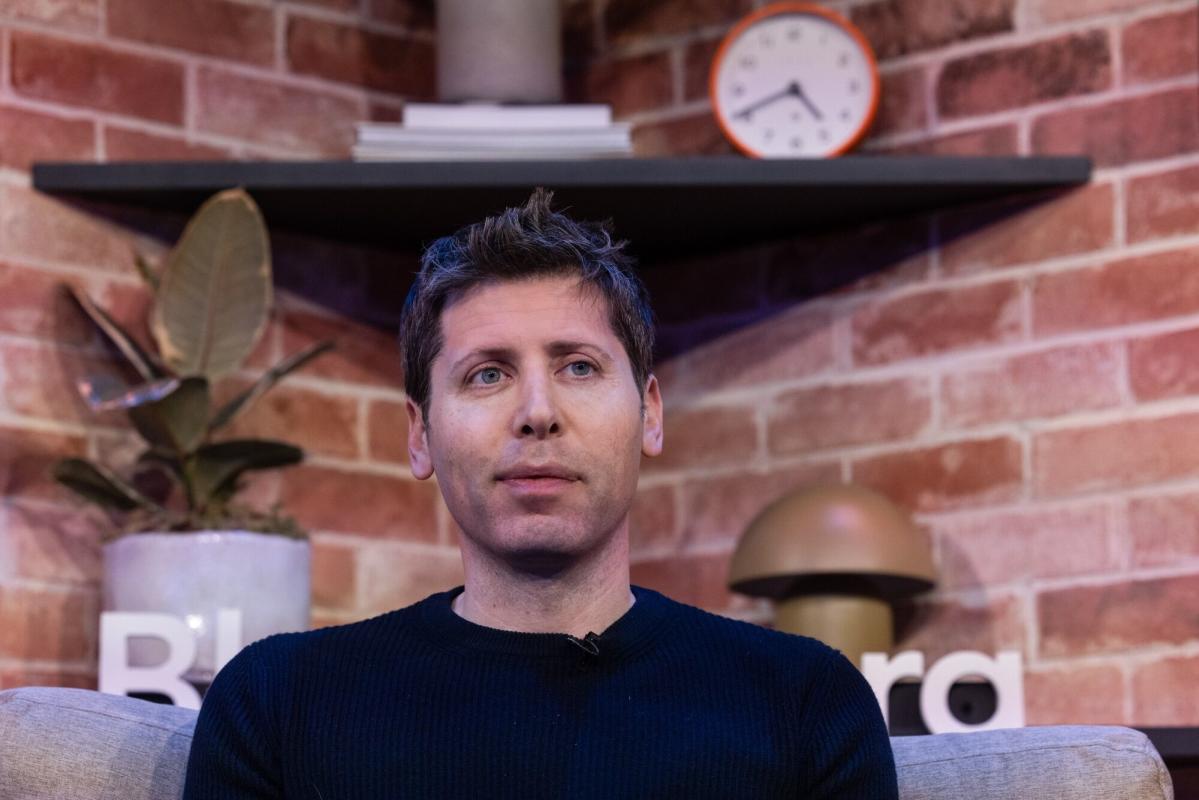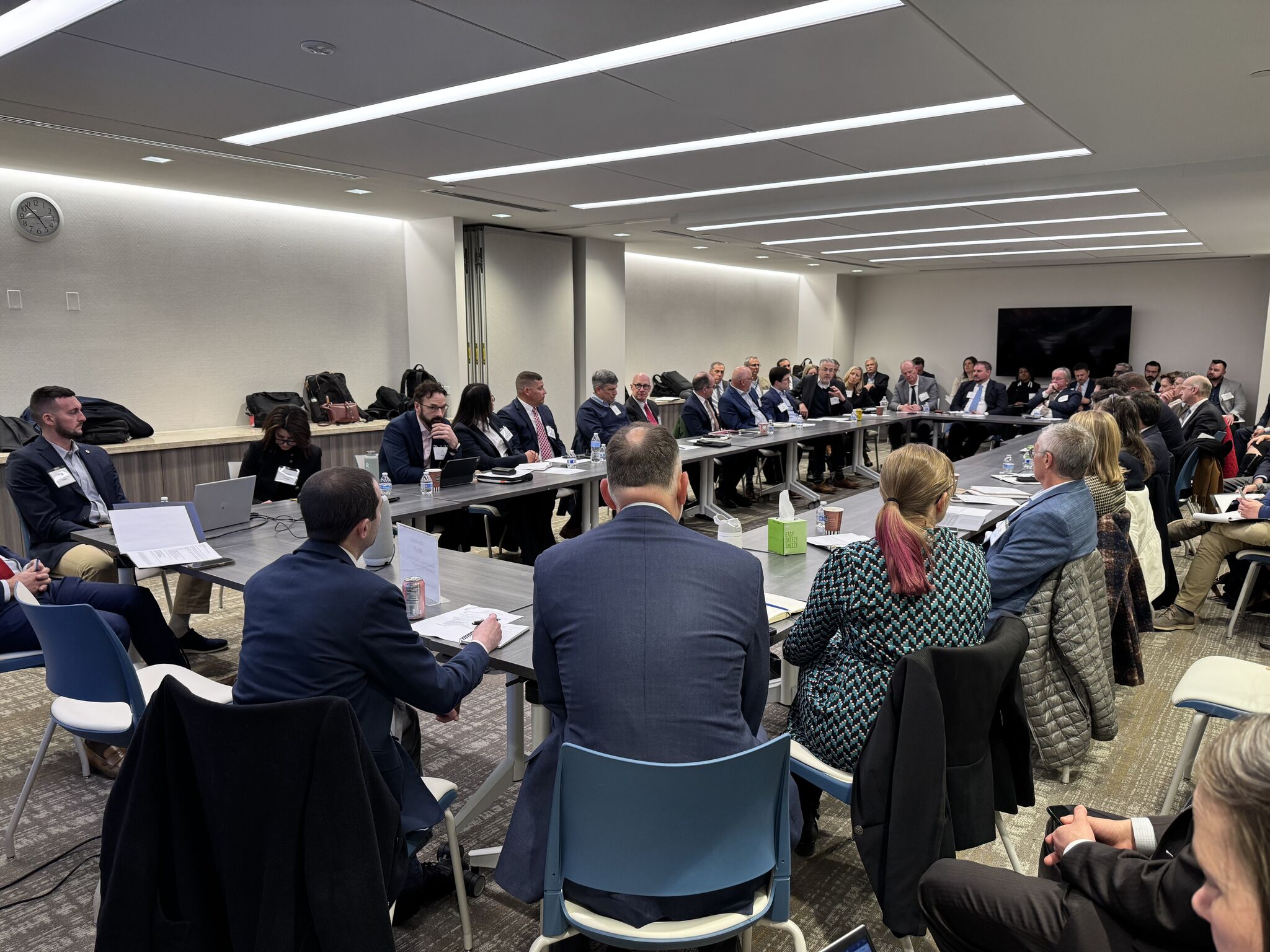Altman Infrastructure Plan Aims to Spend Tens of Billions in US

(Bloomberg) — OpenAI Chief Executive Officer Sam Altman’s plans for a massive buildout of the machinery and systems needed for artificial intelligence are coming into clearer focus, beginning with an effort in US states slated to costs tens of billions of dollars, according to a person familiar with the matter.
Most Read from Bloomberg
Altman had spent the early part of the year seeking the US government’s blessing for the project, which aims to form a coalition of global investors to fund the costly physical infrastructure needed to support rapid AI development, Bloomberg reported in February. Now, Altman and his team are working on several details that haven’t previously been reported, including the plan to first target US states.
The types of projects under discussion include building data centers, increasing energy capacity and transmission with turbines and generators, as well as expanding semiconductor manufacturing, the person said.
Backers are likely to include investors in Canada, Korea, Japan and the United Arab Emirates, they said. OpenAI also envisions other private companies being involved in the project. The ChatGPT maker’s largest investor, Microsoft Corp., could be one potential partner. Microsoft would not comment on this project specifically but said it’s aware of and involved in any broad infrastructure-related efforts by the company.
OpenAI executives including Altman have been meeting with investors in recent weeks to advance the deal, according to people familiar with the discussions. OpenAI Chief Strategy Officer Jason Kwon recently traveled to Japan and Korea to speak with investors about the plan. OpenAI’s Vice President of Global Policy Chris Lehane has spoken to investors in Canada. And Altman held additional conversations with investors in the UAE following earlier talks, the people said. He has also spoken to US-based investors.
The discussions come as OpenAI is nearing a new multibillion-dollar funding round that would value the company at more than $100 billion. That deal is expected to be led by Thrive Capital with participation from Microsoft, as well as Apple Inc. and Nvidia Corp.
Asked about its plans for an infrastructure push, an OpenAI spokesperson said the company “believes building additional infrastructure in the US is critical to further advancing artificial intelligence and making its benefits widely accessible.” They added: “We are exploring opportunities with this goal in mind and look forward to sharing more details at a later date.”
Altman has previously voiced concern over what he calls an urgent need for US infrastructure to power AI, critical to maintaining the country’s technological lead over authoritarian governments. In a column for the Washington Post, he wrote, “US policymakers must work with the private sector to build significantly larger quantities of the physical infrastructure — from data centers to power plants — that run the AI systems themselves.”
Part of the pitch is that other companies besides OpenAI will benefit from the infrastructure projects, a person familiar with Altman’s thinking said, as will countries allied with the US. Proponents of the effort believe an added benefit will be creating jobs building the projects, complementing the Chips and Science Act, which set aside $39 billion in grants for US semiconductor manufacturing.
But OpenAI’s global ambitions could raise US national security concerns, including scrutiny by the Committee on Foreign Investment in the United States, which has paid increasing attention to Middle Eastern sovereign wealth funds and their ties to China.
In recent months, OpenAI has held meetings with the US National Security Council about the planned investments, according to people familiar with the discussions who asked not to be identified discussing private matters. That builds on previous conversations with a range of US officials, including an April meeting between Altman the US ambassador to the UAE, Bloomberg previously reported. An NSC spokesperson declined to comment.
In those talks, Altman and other OpenAI executives have emphasized that the global infrastructure plan would help fuel America’s geopolitical advantage by establishing a multinational coalition to compete with China’s own infrastructure consortium, and that foreign capital that might otherwise go to China would go to the US, one of the people said. The Biden administration has been working to build stronger technology ties to the so-called Global South, including by supporting a landmark partnership between Microsoft and Abu Dhabi AI firm G42.
–With assistance from Dina Bass.
Most Read from Bloomberg Businessweek
©2024 Bloomberg L.P.
Related
How SenseiNode Is Building Proof-of-Stake Infrastructure in Latin America
A lot of attention is paid to the decentralization of the Bitcoin network.Bitcoin miners should set up shop in a number of different jurisdictions in order to p
The Infrastructure of Racial Justice Is Under Attack. We Must…
President Donald Trump began February with a proclamation that Black History Month offered “an occasion to celebrate the contributions of so many Black Am
Bomb threat found “non-credible”: American Airlines after Delhi-bound flight diverted…
American Airlines has said that the "bomb threat on board", due to whi
Big infrastructure investment plans take shape in America
Amtrak and dozens of major industry partners representing construction, manufacturing, rail supply, engineering, and other sectors convened for an industr













